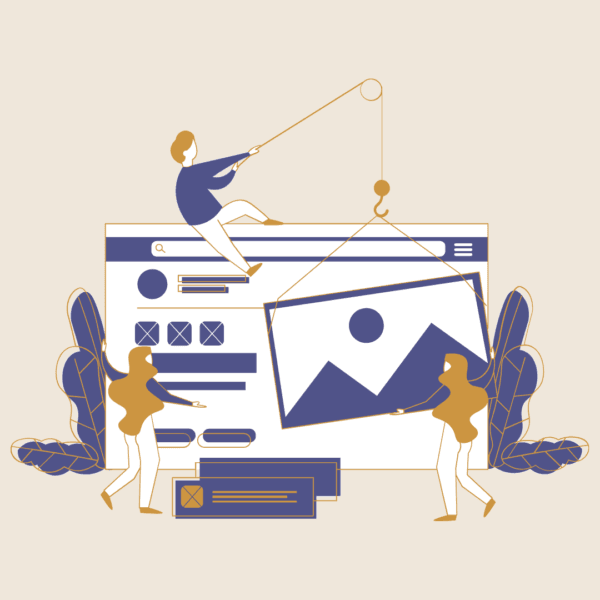
Our behavior influences how we interpret and respond to the world around us. Positive, intentional actions attract new opportunities and connections, while reactive or fear-based choices can reinforce limiting patterns. Change your behavior, and you begin to change your outcomes.
Recognizing how habits and thought patterns affect results helps you make conscious improvements. In business and branding, this awareness builds stronger relationships, better decision-making, and more authentic communication with your audience.
Start by observing your triggers and routines without judgment. Set small, realistic goals that align with your values, and celebrate progress over perfection. Whether in life or leadership, consistent mindful action is what transforms potential into lasting success.
“Human behavior flows from three main sources: desire, emotion, and knowledge.” – Plato
Whenever you take action, you made a decision. Decisions come from choices or options that are present at that given time. But what made those options available in that moment? The answer is human behavior.
From observation or people watching, you can learn a lot about others through their behaviors and patterns. Coming from Plato’s quote, human behavior comes from desire, emotion and knowledge. Desire is the ability to attract through our physical form. Emotion is the ability to attract through our feelings. Finally, the part that keeps people interested is knowledge or the ability to attract through our personality, sharing of experiences and thoughts.
To know who you are is the first step in understanding the behaviors of others and to captivate your ideal clients or customers. By using all three of those concepts to entice and fascinate your visitors to your website and business, we designers, developers and you can better prepare what the website will become. To begin, who are you and why are you unique?
To capture your audience’s undivided attention, your designer and developer needs to understand and follow a set of guidelines to improve human-computer interaction when using your website. From Human Behavior Theories That Can Be Applied To Web Design , your visitors must have a sense of growth, autonomy and self-reliance while browsing your website. How?
Follow the Hierarchy of Six Website User Needs:
These are the big picture requirements that must be followed to improve human-computer interaction and behavior. But how exactly are these done with web design and development? What are the roles specific to the designer, developer and you in order to follow all six of these fundamental user needs?
To find out, plan on reading the next blog post about how the theory of Model-View-Controller is part of the reason for website behavior. Are you ready to learn more or is your curiosity only skin deep? Do you not want to show an improved version of you and your business? How?
Your beliefs don’t make you a better person, your behavior does. – Sukhraj S. Dhillon

Frances Naty Go is the founder of Goldlilys Media, where she helps mission-driven organizations turn their websites into clear, durable systems that support meaningful work over time. She works with museums, nonprofits, health and wellness brands, higher education, life sciences, travel organizations, and expert-led businesses.
With a background in Computer Science from UC San Diego, Frances brings a thoughtful, strategic approach to building digital experiences that educate, orient, and build trust, without unnecessary complexity.






Not ready to commit yet?
I get it.
Get my free guide:
"15 Warning Signs Your Website Is Holding You Back"